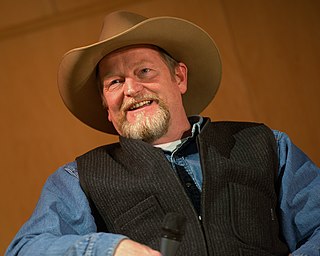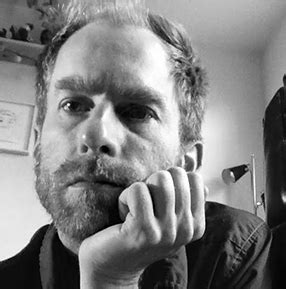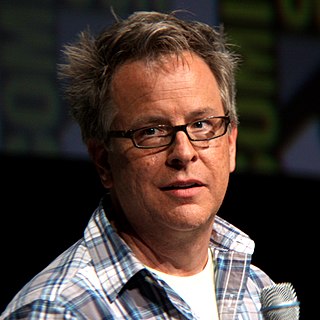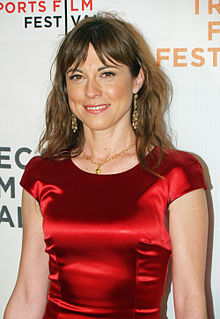A Quote by Juliet Marillier
First person allows deeper insight into the protagonist's character. It allows the reader to identify more fully with the protagonist and to share her world quite intimately. So it suits a story focused on one character's personal journey. However, first person shuts out insights into other characters.
Related Quotes
If there's a character type I despise, it's the all-capable, all-knowing, physically perfect protagonist. My idea of hell would be to be trapped in a four-hundred page, first-person, first-tense, running monologue with a character like that. I think writers who produce characters along those lines should graduate from high school and move on.
Also, getting the chance to play a supporting part meant that I didn't have to do as much as the protagonist, such as running around telling the story. [As the protagonist] you push the story whereas, paradoxically, as a character part, you have a chance to explore some of the nuance and some of the more complicated aspects of a character.
If the point of life is the same as the point of a story, the point of life is character transformation. If I got any comfort as I set out on my first story, it was that in nearly every story, the protagonist is transformed. He's a jerk at the beginning and nice at the end, or a coward at the beginning and brave at the end. If the character doesn't change, the story hasn't happened yet. And if story is derived from real life, if story is just condensed version of life then life itself may be designed to change us so that we evolve from one kind of person to another.
A conventional ‘success’ story is one where, with each next, the protagonist has more money, more respect, and more possessions. I’d like to suggest an alternative ‘success’ story – one where, with each next, the protagonist is closer to finding that spot where he’s no longer held back by his heart, and he explodes with talent, and his character blossoms, and the gift he has to offer the world is apparent.
If you're reading a book that I've written in the first person, without named characters, you will periodically perhaps as a reader remind yourself: Well, this is or isn't the author. This is a character.I think the second person turns that dynamic onto you, or situates it within you: This isn't really me, but what aspect of the character is really me? That creates a loop of seduction.
A character does seem to have a life of its own, but I have what I'd describe as a very fluid relationship with them - as I'm thinking of what they will be like, they shift in and out of focus - they are a projection of some idea inside of me, even if a character is inspired by an actual person, I'm well aware that it is not that person. My job is to identify the essence of the character, and to bring them to life long enough to commit the acts, say the words or simply "be" in a way that allows them to affect and be affected by other elements and events in the imaginary world of a story.
What drew me to Batman in the first place was Bruce Wayne's story, and that he's a real character whose story begins in childhood. He's not a fully formed character like James Bond, so what we're doing is following the journey of this guy from a child who goes through this horrible experience of becoming this extraordinary character. That, for me, became a three-part story. And obviously the third part becomes the ending of the guy's story.
There has certainly been a great deal of work addressing the relationship between naturalism and the first-person perspective. Quite a number of philosophers have suggested that there are features of the first-person perspective that naturalism just cannot accommodate, whether it be qualitative character, or consciousness, or simply the ability we have to think of ourselves in a distinctively first-person manner.
Every field piece I did on 'The Daily Show' was a story that lasted five to six minutes. We had a protagonist, we had an antagonist and often put them at odds. We knew the story we wanted to tell before we went in, and often it was about plugging whatever character you have - in this case, a real person - into said part.






































